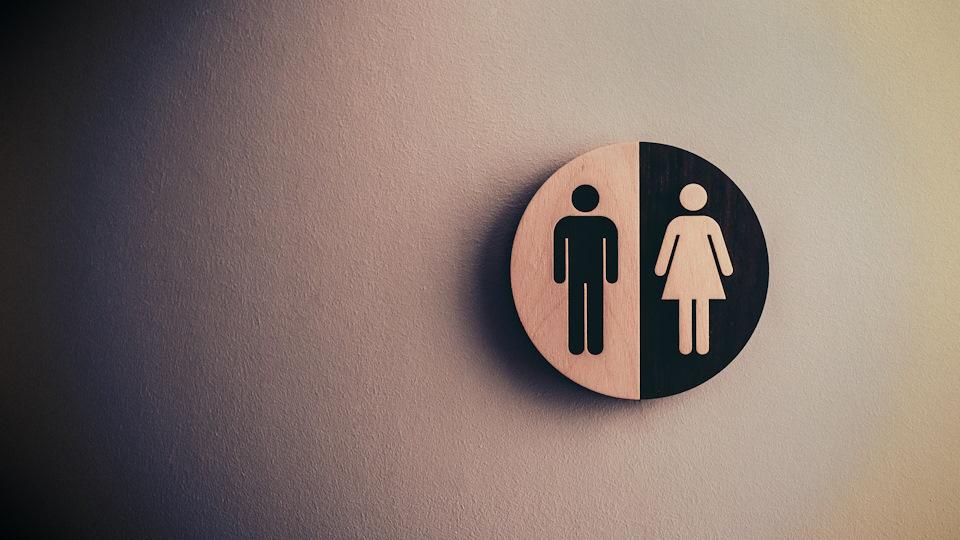Women’s health gap estimated at $1trn in new report

The disparity in access to healthcare between women and men around the world is often talked about, but has never been given a dollar value – until now.
As world leaders gathered in Davos to discuss a multitude of global crises, from climate change to armed conflict, a new report was unveiled estimating that the global cost of the women’s health gap is an eye-watering $1 trillion and that women spend 25% more of their lives in debilitating health than men.
The report was prepared by a public-private alliance, including Ferring Pharmaceuticals, the McKinsey Health Institute, and Davos host the World Economic Forum. It calls for increased representation of female patients in pharmaceutical R&D, greater funding for women’s health and wellbeing initiatives, and improved access to care.
Looking at it another way, closing the health gap would help boost the global economy by $1 trillion by 2040, lead to a 1.7% increase in per capita GDP, reduce the time women spend in poor health by almost two-thirds, and improve the daily lives of more than 3.9 billion people.
A large part of that benefit would come from helping women in ill health to recover and return to the workforce, according to the report. Around 5% of the gap ($50 billion) is attributable to failures in women’s sexual, reproductive, and maternal health that have been “overlooked by society”.
One study has found, for example, that women are diagnosed later than men for more than 700 diseases, with the delay for cancer diagnosis around two-and-a-half years and for diabetes more than four years. Others, meanwhile, have suggested that therapies for asthma are less effective for women than men, while women are more likely to have adverse effects after percutaneous cardiac interventions like angioplasty.
“Our analysis demonstrates that addressing the women’s health gap and investing in women’s health must be a priority for every country,” said Shyam Bishen, head of the Centre for Health and Healthcare at the WEF.
“Beyond improving women’s quality of life, ensuring women have access to innovations in healthcare is one of the best investments that countries can make for their societies and their economies,” he added.
Alongside the publication of the report, the WEF said it was launching a Global Alliance for Women’s Health, with $55 million pledged to improve women’s health outcomes worldwide.
The initiative is making several commitments to women’s health, including the creation of an economic development fund to “overcome barriers and ensure equitable support” for women and a mother and child disease prevention and treatment scheme in four African nations.
More than 40 partners, including biopharma and digital health companies, have already signed an open letter calling for a redesign of healthcare with women in mind.
Photo by Tim Mossholder on Unsplash













